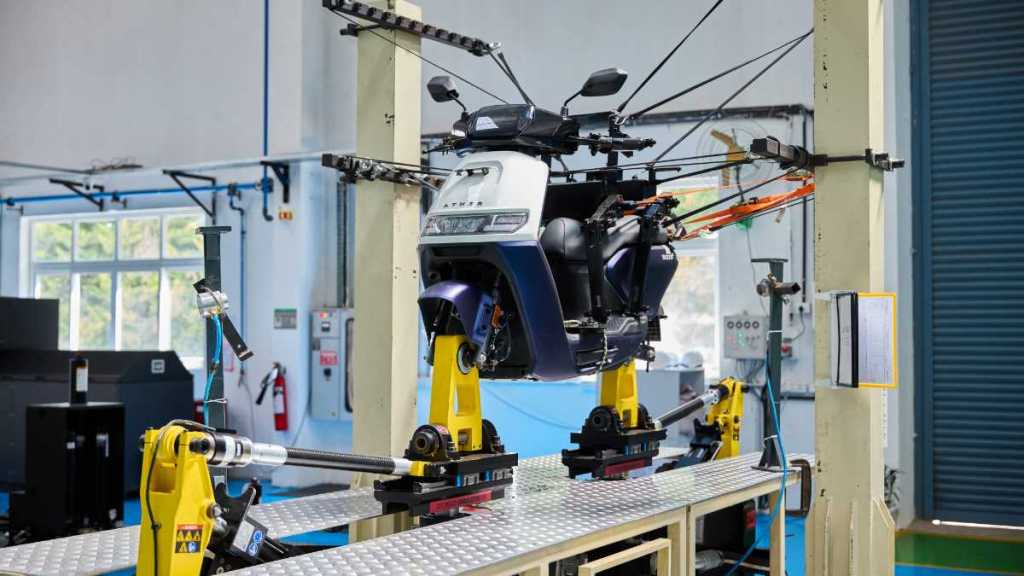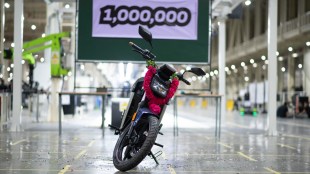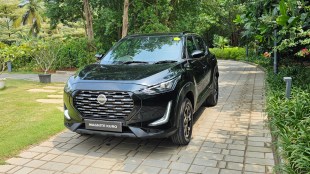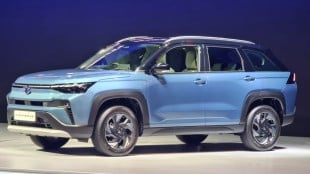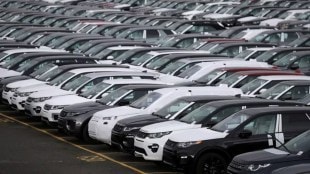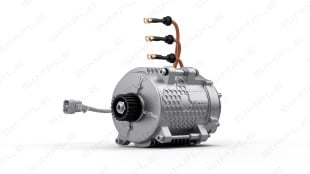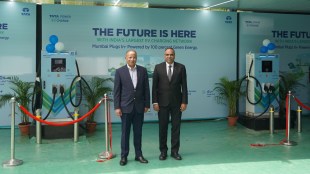EVs have gained popularity in recent times and as many OEMs have laid a path for developing the infrastructure accordingly, worrying news comes from China, which casts a dark shadow over the future of EVs — China bans exports of rare earth magnets. Such a move could not just production, but could crash the entire EV industry in India.
Why is the Indian EV industry dependent on China?
According to a US Geological Survey, China controlled 69% of rare earth mine production last year. “Today, China controls over 90% of the global supply for the four magnet rare earth elements (Nd, Pr, Dy, Tb), which are used to make permanent magnets for EV motors,” the International Energy Agency said in a statement. That refers to neodymium, praseodymium, dysprosium and terbium.”
An internal combustion engine uses about 140 grams of these rare earth materials, however, an electric vehicle with a single motor-battery combo uses about 550 grams of these materials. These magnets, apart from being crucial components for electric vehicles, are also used to make power windows and audio speakers.
How does this affect India?
India is the third-largest automotive market in the world and is also a hub for many carmakers such as Hyundai, Maruti Suzuki, Volkswagen, and others. If the restriction continues, the Indian automotive manufacturing sector could come to a grinding halt in the next few days. SIAM has intervened, looking for a solution and is also seeking the intervention of the Prime Minister.
According to Reuters, “Starting end May or early June, auto industry production is expected to come to a grinding halt,” SIAM said in the document, which was presented during a May 19 meeting attended by executives from Maruti Suzuki, Mahindra & Mahindra and Tata Motors. Rajiv Bajaj also says the same, in an interview.
